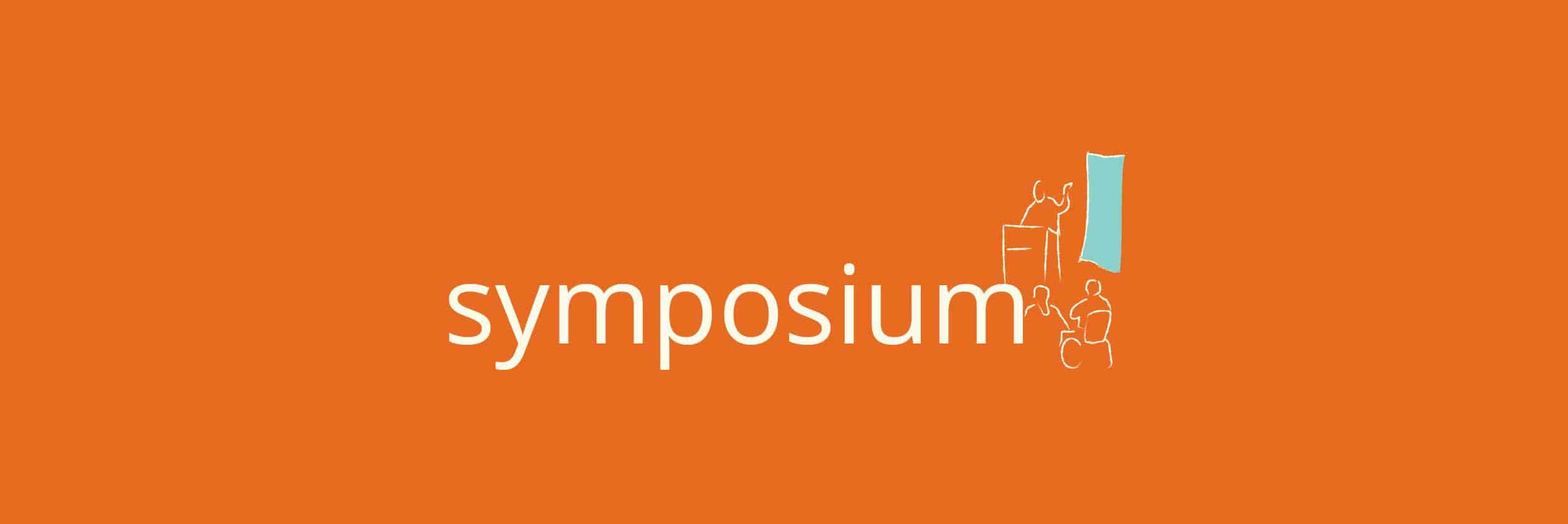The 2020 Virtual RNDS Summary and Videos Now Available
The 2020 Rare Neuroimmune Disorders Symposium (RNDS) took place on August 29th. While the event was originally scheduled to take place in Salt Lake City, we partnered with our co-host, University of Utah Health, to adapt the program to a virtual platform due to the COVID-19 pandemic. The virtual element of the event allowed for participants to join from countries across the world without the difficulty and expense of travel. Participants from Australia, England, Canada, Austria, France, Germany, India, Ireland, Kenya, the Netherlands, Norway, Pakistan, Poland, Portugal, Qatar, Serbia, Singapore, Spain, Sweden, Turkmenistan, the United States, Venezuela, and Vietnam registered to attend. All the presentations were recorded and are now available to view on our website in the 2020 RNDS Resource Center.
The RNDS began with an intro from Sandy Siegel, President of SRNA, and Dr. Jonathan Galli, neurologist at University of Utah Health and former James T. Lubin Fellow. Sandy explained, “It is a fact that you become the best advocate for your medical care by educating yourself. I know by the end of the day you will learn a great deal from all of the experts who so graciously give us their time and knowledge to help our community.” Five talks followed, each one focusing on one of the rare neuroimmune disorders: acute flaccid myelitis (AFM), acute disseminated encephalomyelitis (ADEM), transverse myelitis (TM), MOG antibody disease (MOGAD), and neuromyelitis optica spectrum disorder (NMOSD). The presentations outlined the symptoms, diagnostic criteria, and acute treatments for each disorder. The experts, Drs. Michael Sweeney, M. Mateo Paz Soldán, Stacey Clardy, Sravanthi Vegunta, and Jonathan Galli then hosted a Q&A Panel on the rare neuroimmune disorders and answered questions such as “Can I have a myelitis relapse after having transverse myelitis for 23 years?” and “If a patient who is aquaporin-4 seropositive has had one attack, which was the initial one and is attack-free for seven years, can it be treated as a monophasic NMO?”
SRNA staff members GG deFiebre and Jeremy Bennett then gave a brief update on SRNA programs, resources, and research initiatives. The next four talks were on symptom management: Pain; Spasticity and Tone; Bowel, Bladder, and Sexual Dysfunction; and Visual Issues. The experts Janet Dean, Dr. Justin Abbatemarco, Dr. Jason Poon, and Deb Nikkila then conducted a Q&A Panel on Symptom Management. They responded to questions such as, “Does an increase severity of the symptom indicate an ongoing recurrence?” and “What treatments are recommended for someone who has neurogenic bladder?”
Dr. Benjamin Greenberg gave a talk on COVID-19 and Rare Neuroimmune Disorders in which he discussed concerns specific to individuals diagnosed with a rare neuroimmune disorder and COVID-19. Dr. Greenberg gave an overview of the most up-to-date information known about COVID-19 and the rare neuroimmune disorders, and he discussed the different types of vaccine trials being conducted to prevent infection with the SARS-CoV-2 virus. Dr Greenberg noted, “As these vaccines become available, you can bet we will be doing reviews of the data, posting reviews of the data, and then encouraging a conversation around thoughts on relative safety for any of the patients and families we serve. I am hopeful we’ll get there. It just can’t come soon enough.”
Dr. Cristina Sadowsky presented the next topic, Updates in Rehabilitation in Rare Neuroimmune Disorders. She described how activity and exercise can be used as a tool for enhancing or changing neuroplasticity after a rare neuroimmune diagnosis. Next, Dr. Michael Levy discussed Long-Term Treatments for Preventing Relapses. He described the traditional therapies that have been used for NMOSD and MOGAD, as well as the three new FDA-approved treatments for NMOSD. Dr. Levy explained each of the trials that were conducted for the new treatments and compared the results. Following Dr. Levy’s presentation, Dr. Carlos Pardo gave a talk on AFM Preparedness for 2020 and Beyond. In order to prepare for AFM this year, Dr. Pardo said, “We may need to focus in many efforts, and the effort is first to make people aware about the disease, to have a better diagnosis, to establish better treatments, and perhaps to target long-term management that allows these children and families to have a better quality of life.”
After Dr. Pardo’s talk, the RNDS attendees were able to participate in break-out sessions. Topics included Imaging in Rare Neuroimmune Disorders, Stress Management and Coping, Novel Therapeutic Strategies in NMOSD, and IEPs and 504s: How to Advocate for Your Child in School. Attendees were encouraged to participate in the sessions they attended by sharing their video and microphone and interacting with the session moderators and speakers. The sessions were helpful in facilitating a conversation between the speakers and attendees. Although these sessions were not recorded, any slides that were used have been uploaded to the 2020 RNDS Resource Center.
The 2020 RNDS was closed out by Dr. Galli, who remarked, “Being a part of this community is really special, and I think the providers and the patients, who are constantly contributing just time and energy, are really amazing, and I think that’s what makes SRNA so amazing.”
We are so grateful to our co-hosts at the University of Utah who helped organize and conduct this event. Additionally, the RNDS would not have been possible without the support of our sponsors, Alexion, Genentech, and Viela Bio, and our exhibitor, Kennedy Krieger Institute. We are extremely grateful to all the speakers who volunteered their time and helped make the event a valuable experience for attendees, and we are grateful for our community partners who attended and spent time in the Exhibit booths talking to participants. Finally, we are so thankful to all the attendees of the RNDS. Without their participation, the event could not have been a success.




